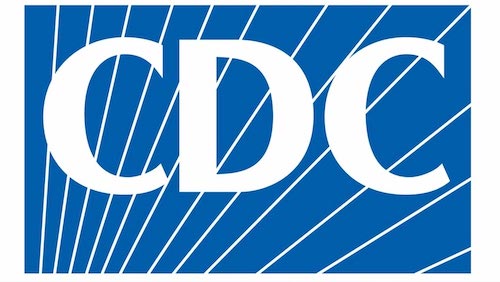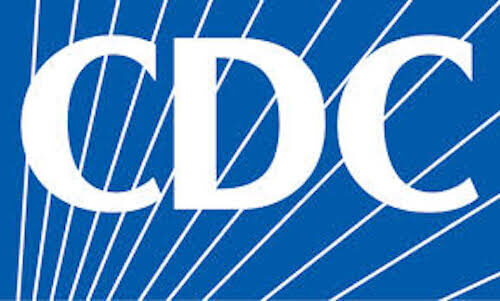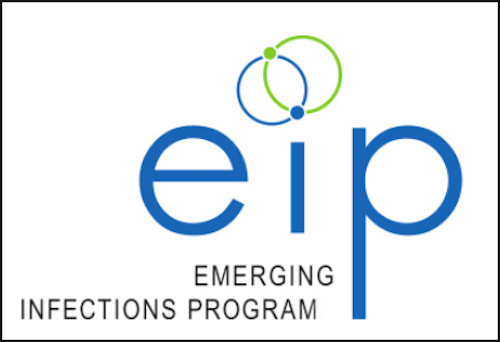Public Health Program Associate, Emory-Einstein TB Research Group
Category : Post-Grad Student Opportunities
Opportunity Description
A team of researchers in the Department of Epidemiology at Rollins School of Public Health, Emory University has been conducting research aimed at improving prevention, care, and treatment of tuberculosis (TB) including drug-resistant TB, TB/HIV co-infection and latent TB infection, as well as examining the impact of TB on non-communicable diseases such as diabetes.
The group collaborates with partners at other U.S. institutions as well as partners based at international sites in South Africa, Ethiopia, Brazil, India, and the country of Georgia.
We are seeking a Public Health Program Associate who will be responsible for coordinating and monitoring the quality and project progress of a NIH-funded research project being conducted at an international research site.
Duties and Responsibilities
- Provide principal administrative and research support to the Principal Investigator and Program Director in the administration and implementation of multiple NIH funded projects and their completion
- Be responsible for communication across research sites and collaborating agencies based in the U.S. and internationally, including daily emails, biweekly video/teleconferences and quarterly site visits
- Prepare agendas for and lead weekly project U.S. team meetings, and biweekly conference calls with international team members, write and distribute minutes for all meetings
- Serve as a point of contact and interact with the study personnel at the international study site(s) to ensure smooth integration of the study into the clinical and programmatic setting
- Work with on-site project staff to ensure compliance to all aspects of the project protocols and national and international regulations
- Develop and maintain standard operating procedures (SOPs) for activities at each site
- Track screening, enrollment and follow-up visits of study participants
- Prepare and present periodic progress reports, meeting agendas and minutes, and action items to document project progress and next steps in regular team meetings with the Study Investigators, Program Director and other Key Personnel
- Develop and monitor implementation of project work plans
- Review study database and develop data reports to track study progress
- Work closely with the study data management teams for any database or paper case report form (CRF) revisions
- Work with the site study staff to monitor accuracy and completeness of data collection and data entry to ensure quality data management
- Conduct quarterly site monitoring at the international study site(s) including quality control (QC) of informed consent forms, study CRFs and source documents, and meeting with in-country team regarding all aspects of project progress. When international travel is not possible, QC of CRFs and source documents will be conducted from the U.S. through review of scanned and emailed documents.
- Prepare and send daily notes to the Principal Investigator, Program Director and other Key Personnel during international site visits, detailing study activities and meetings with local collaborators
- Collaborate closely with site investigator to provide targeted support and training of international study staff members to ensure accurate and timely completion of all project activities
- Prepare and submit ethics applications, including amendments and annual renewals to the Emory Institutional Review Board (IRB); oversee ethics applications at all relevant site IRBs
- Review project ledgers and track expenses
- Complete additional research duties as assigned
- Except for during site visits, work from assigned desk located in Rollins School of Public Health Epidemiology department (once Emory offices reopen)
Qualifications
Minimum
- A master’s degree in public health, a master’s of science degree in public health or health education, or a master’s in development practice from an accredited school.
Preferred
- We prefer a master’s in public health or related field from an accredited school
- Experience in research project management is desired
- We prefer experience with international research projects
- Ability to manage multiple priorities while working as part of a geographically dispersed team
- Accuracy and attention to detail is required
- Ability to work independently with minimal oversight and willingness to take ownership of project
- Excellent interpersonal and organizational skills
- A strong communicator, including promptly responding to emails, clearly presenting study progress to collaborators and key personnel, and leading conference calls and team meetings – desired
- Ability to work effectively in teams
- Knowledge of human subjects research study design and regulations, epidemiology and biostatistics
- Ability to complete tasks in a timely manner
- Ability and desire to travel internationally multiple times per year to study sites during 2-3 week trips, to support the needs of the project
- Strong computer skills, including Microsoft Office suite applications
Additional Details
- This is a 15-month position
- 30-35% travel to the international site(s) for monitoring project progress
How to Apply
Click here to read more about this position and apply online!
If you have any questions about this posting, you email Angie Campbell at angie [dot] campbell [at] emory [dot] edu.








Recent Comments